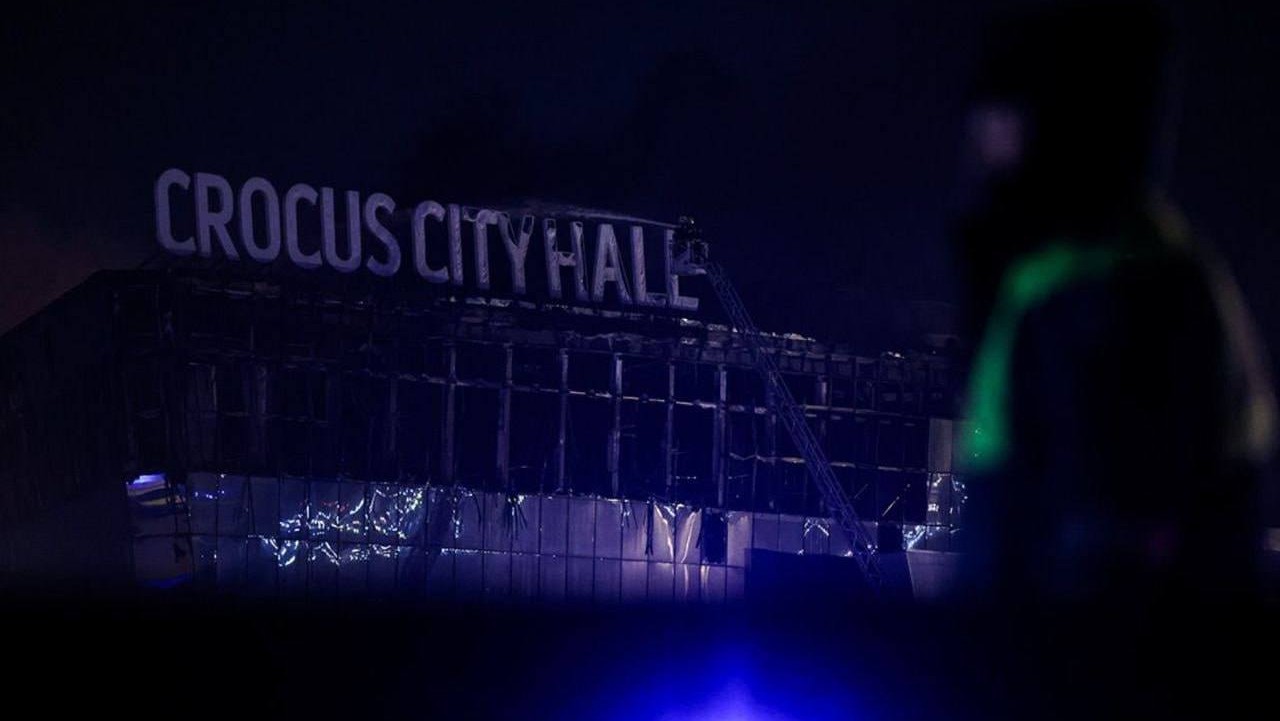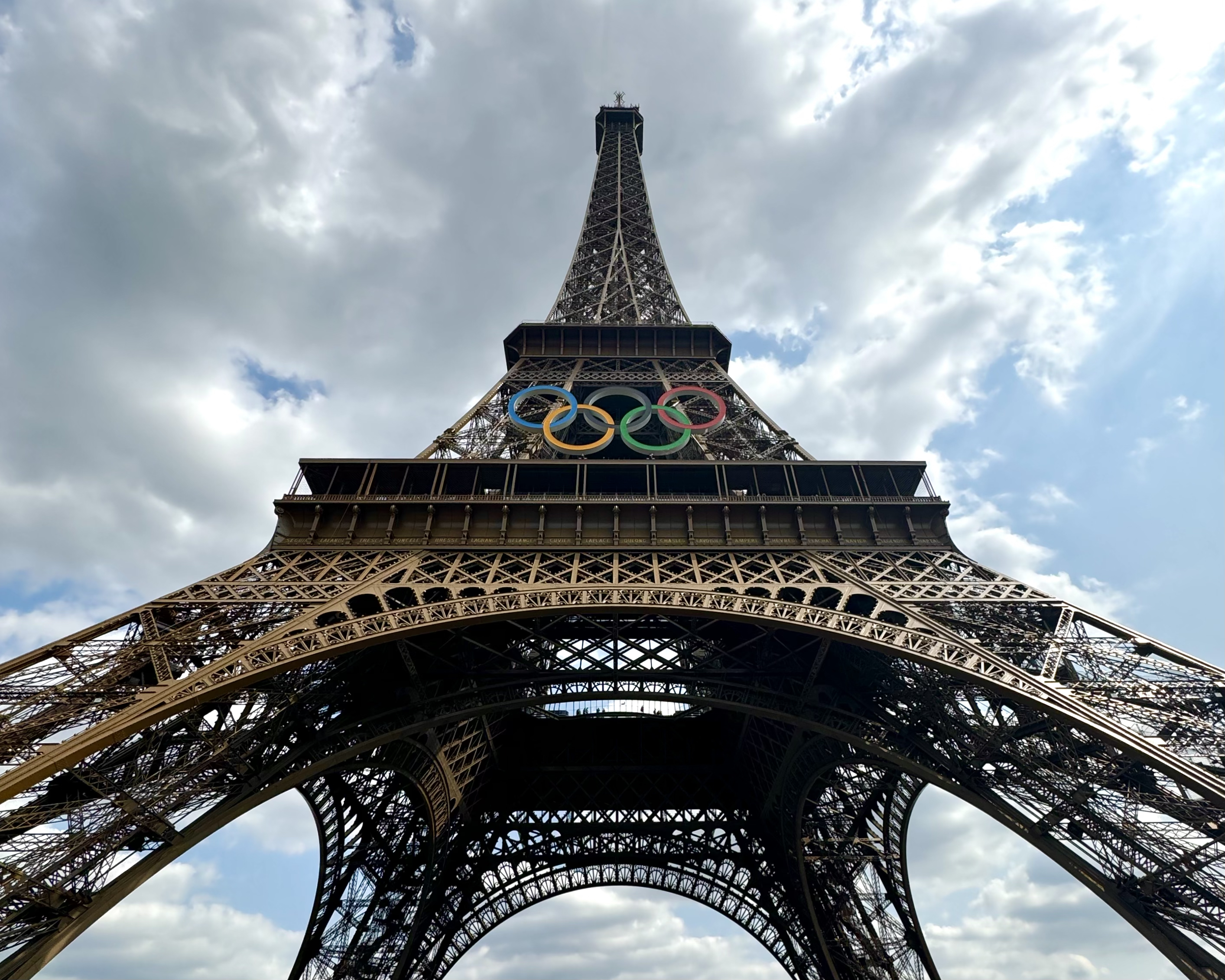Today's Headlines and Commentary
In breaking news, Barton Gellman and Ashkan Soltani of the Washington Post report that the NSA uses a tool that records every single telephone conversation in a foreign country and stores it for thirty days.
Published by The Lawfare Institute
in Cooperation With

In breaking news, Barton Gellman and Ashkan Soltani of the Washington Post report that the NSA uses a tool that records every single telephone conversation in a foreign country and stores it for thirty days.
In other major news, Putin just signed a draft treaty annexing Crimea. The move brought overwhelming support in Russia, and severe condemnations---and sanctions---from the West. The White House released this fact sheet on Ukraine-related sanctions.Russia, however, won’t take the Western sanctions sitting down. Josh Rogin of the Daily Beast reports that Putin has his own list of individuals to be hit with retaliatory sanctions. Rogin explains that the list is still being developed, but it will likely mirror U.S. sanctions and include “top Obama administration officials and high profile U.S. senators.”
Editorials on the situation abound: Here are the ones from the Washington Post and the Wall Street Journal, both of which are fairly derisive of the sanctions.
With Russian-Western relations imploding, there’s renewed concern that the world’s united front on Iran is beginning to fray as nuclear talks resume today. Reuters and the New York Times are both pursuing this angle.
82 senators did not let the next round of nuclear talks go unnoticed, says Jennifer Rubin of the Post. They wrote a letter to President Obama laying out the terms of "an acceptable final agreement" with Iran, without which they will push for reinstating sanctions.
Has anyone noticed Glenn Greenwald's and Edward Snowden’s mysterious silence on Russia’s recent actions? Foreign Policy’s Tom Ricks has, and he doesn’t like it. In fact, he’s “beginning to believe the worst about them.”
In Afghanistan, a suicide bomber killed fifteen people in an attack on a busy bazaar in the north of the country. And in other news, President Karzai has nominated a replacement Vice President. Mohammad Younus Qanuni will replace Marshal Mohammad Fahim Qasim, who died following an illness last week. Reuters has the stories.
While much of the attention during the recent CIA-SSCI spat has focused on Senator Dianne Feinstein, there’s a lesser-known senator who has been playing an outsize role as well. John Hudson and Shane Harris report on the Senate freshman who is at the heart of the current hullabaloo.
One Nicholas Teausant, a twenty year old Californian, has been arrested and charged with attempting to provide material support to a foreign terrorist organization; he allegedly wanted to travel to Syria and join ISIS.
In Politico, Josh Gerstein covers recent admissions in federal government court filings that under President Bush, NSA collected metadata on emails without court approval.
The New York Times editorial board has seized on the severe problems in the sexual assault court martial of Brig. Gen. Jeffrey Sinclair to renew its call for Senator Gillibrand’s recently defeated reform bill.
MIT’s Technology Review’s Business Report has a series of articles on the business effects of the Snowden disclosures. Follow the internal links for the entire report.
In Secrecy News, Steve Aftergood writes about CIA’s insistence on only releasing responses to FOIA requests in hard-copy form, and a recent lawsuit that may change that.
What if someone was to hack into your Google Glass and see everything you see? Andy Greenberg has a story in Forbes about a pair of researchers who have built a spyware proof-of-concept for the computer eyepieces.
Ben Weiser of the New York Times updates us on KSM’s testimony in support of Sulaiman Abu Ghaith, which prosecutors have asked Judge Lewis Kaplan to disregard, and gives us a first look at the jury. Charles Levinson of the Wall Street Journal also has the latest from the trial.
The mystery of the missing plane continues: The Times tells us that MH370's flight path was reprogrammed on board, and speculates about why none of the passengers tried to use their cell phones to contact anyone. CNN lays out the divided opinions on whether the plane could have slipped past radar, and a chronology of the plane’s key moments. (Given the minute-to-minute factual revisionism of the Malaysian government, putting this together seemingly was not an easy task.) And Peter Bergen of the New America Foundation discusses which terrorist groups may have been behind the incident.
Mitt Romney has an op-ed in the Wall Street Journal chastising President Obama for his failure to act when America’s options were good:
Able leaders anticipate events, prepare for them, and act in time to shape them. My career in business and politics has exposed me to scores of people in leadership positions, only a few of whom actually have these qualities. Some simply cannot envision the future and are thus unpleasantly surprised when it arrives. Some simply hope for the best. Others succumb to analysis paralysis, weighing trends and forecasts and choices beyond the time of opportunity.
President Obama and Secretary of State Clinton traveled the world in pursuit of their promise to reset relations and to build friendships across the globe. Their failure has been painfully evident: It is hard to name even a single country that has more respect and admiration for America today than when President Obama took office, and now Russia is in Ukraine. Part of their failure, I submit, is due to their failure to act when action was possible, and needed.
Email the Roundup Team noteworthy law and security-related articles to include, and follow us on Twitter and Facebook for additional commentary on these issues. Sign up to receive Lawfare in your inbox. Visit our Events Calendar to learn about upcoming national security events, and check out relevant job openings on our Job Board.





